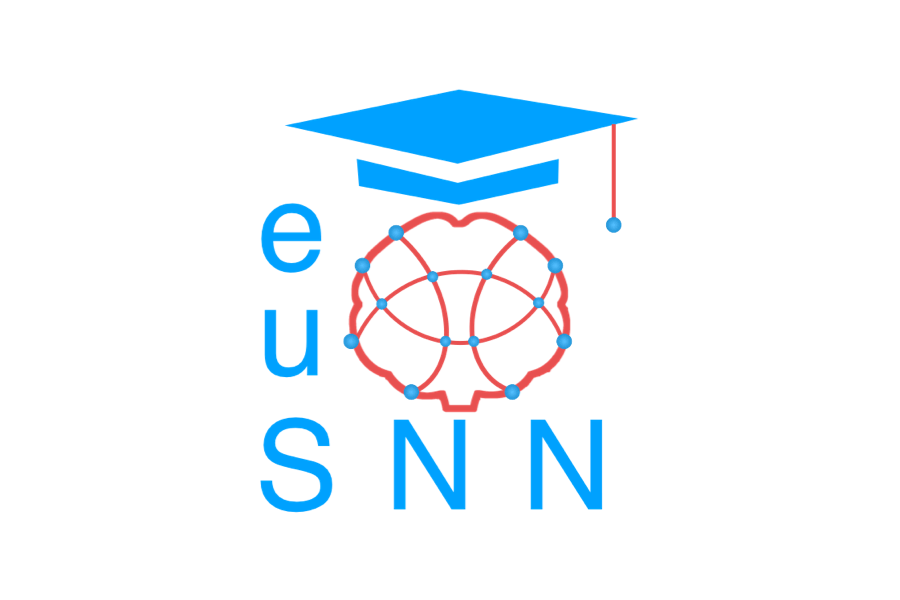Marie Sklodowska-Curie Actions, Innovative Training Networks (ITN), Call: H2020-MSCA-ITN-2019
Project Description
Abstract for entire euSSN network: Taking neuroscience from the study of individual brain regions to a network-based approach is essential for unravelling the mechanisms of cognition and behaviour and their breakdown in disorders. Network neuroscience is only at its incipient stages. Therefore, we propose an ETN for training ESRs on this emerging field and its application domains. euSNN will integrate leading European groups in network neuroscience and deliver training on knowledge and skills that enable students to pursue a successful career in this emerging field. euSNN will combine and train all approaches relevant for investigation of brain networks, including (f)MRI, M/EEG, in-vivo recordings, analysis, modelling, network modulation with optogenetics or non-invasive neurostimulation and studies on network changes in neurological disorders. The novelty of euSNN’s training results from the unique combination of experimental, analysis and modelling approaches, which is amplified in a highly integrated programme that cuts across disciplines and sectors. This is in stark contrast with traditional concepts on graduate training in neuroscience, which often have been confined to a single research approach. All euSNN thesis projects focus on the key goal of identifying, analysing, and manipulating network interactions underlying cognitive and sensorimotor functions or their disturbances. Each project will operate across both academic and industrial partners in the network, giving a unique translational and application-geared orientation to the training. Exploiting intense collaborations between experimental, theoretical and clinical groups, we link basic research on large-scale brain dynamics with new pathophysiological approaches and clinical applications. Overall, euSNN will contribute to assuring Europe’s leading position in the field of network neuroscience, while giving ESRs state-of-the-art multi-disciplinary research and entrepreneurial skills.
Abstract of subproject in Diester lab: The initiation and inhibition of movements is one of the most fundamental but yet sophisticated behavioral phenomena in humans and animals. The PFC as the hub of executive control plays an instrumental role in this context. The exact functional roles of distinct PFC subareas as well as their projections to subcortical areas remains elusive. In recent studies in rats, we observed that inactivation of medial PFC subareas strongly influence proactive behavior (according to internal cues) with orthogonal effects of infralimbic and prelimbic cortex, while inhibition of orbito-frontal cortex subareas significantly impaired reactive movements (in response to external cues). The project aims at elucidating the role of outgoing projections of the PFC subsections to their subcortical targets with a focus on network analyses. For this, we will combine in vivo extracellular recordings with optogenetic manipulation of the projections, connectivity analysis and modeling.
Collaboration
- Marie Carlen, Karolinska Institut, Department of Neuroscience, Stockholm, Sweden
- Ileana Hanganau-Opatz, University Medical Center Hamburg-Eppendorf, Germany
- Andreas Engel, UKE Hamburg, Neurophysiology and Pathophysiology, Germany
